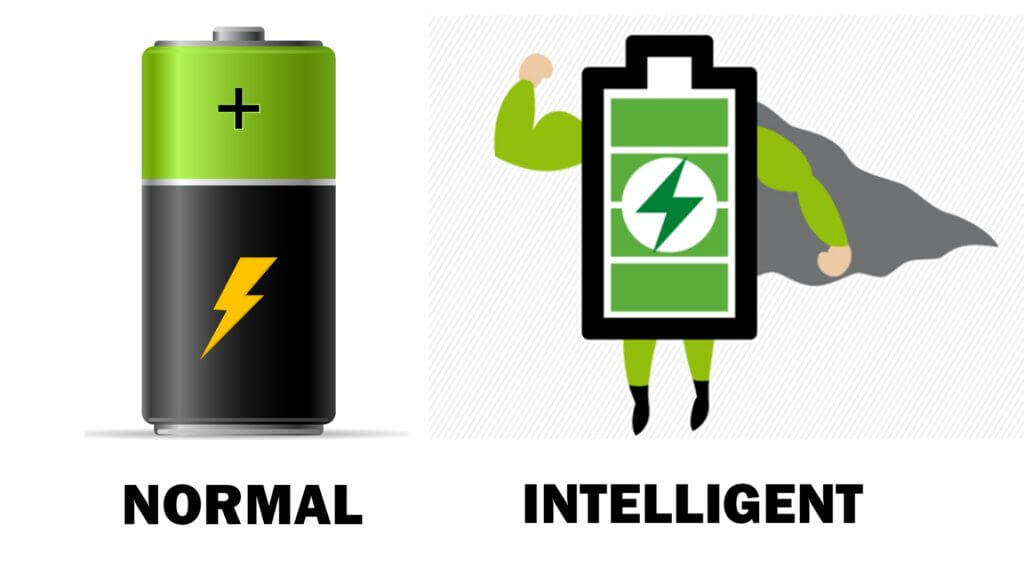Most business owners want to ensure that their products resonate with their local consumers before expanding globally. If your product or service has become a success and you know there is a market outside Canada, going global is a good idea.
While expanding your business to reach a global market is great and every business person’s dream, it comes with challenges, such as product imitation, which could negatively impact your brand’s reputation. The good news is that you can solve this problem if you invest in trademarks.
But What Are Trademarks?
Trademarks are part of intellectual property rights that consist of recognisable brand names, logos, slogans, symbols, and sometimes even sounds. Their main purpose is to distinguish one company’s products from its competition.
If you are consistent with quality, your customers will associate your trademarks with quality, which can positively impact your brand’s reputation. A positive brand reputation can attract unscrupulous business people who may want to capitalise on your success to sell their products using your trademarks.
Besides eating into your profits, such business people can significantly damage your brand’s reputation since they may not be as careful about quality. If your customers buy such products believing they are genuine only to get disappointed, your brand’s reputation takes a hit.
Registering Your Trademarks
There is no way of guaranteeing that other businesses will not use your trademarks to sell their products. But you stand a better chance of protecting your brand by registering your trademarks.
In Canada, registering your trademarks starts with conducting an extensive search on the CIPO’s database to ensure that your trademarks are unique, a requirement for registration. You may also need to search the database to ensure that no business or entity can claim your trademark registration application on a first-to-use basis.
This process can be complicated, so you may need an IP expert to help you. After establishing your trademark is unique, the next step will be applying for registration on CIPO’s website.
You could also visit their office in person for registration, but online registration is much simpler. Trademarks registration will result in some costs. Applicable fees for trademarks include official fees, professional fees, and taxes which may vary depending on industry and the products on which you intend to use your trademarks.
Is it Worth Investing in Trademarks?
In Canada, you can expect to pay up to CAD 5,000 in trademark fees if you engage an expert. This figure may sound too high for a startup, but not if you consider its benefits.
The most significant benefit of registering your trademark is getting an exclusive right to use it. Having exclusive rights means you can stop others from using your trademarks, including suing them for damages caused by their infringement of your trademark rights.
If your market reach is significant, CAD 5,000 may not be much, considering the reputational damage and loss of revenue that an infringement on your trademarks can cause.
Global Trademark Protections
Canadian trademark protections may not offer protection in the global market. If you want to enjoy the same protections in other countries, you will also need to register your trademarks in those countries, which can be expensive.
But you can cut that cost by registering your trademarks under the Madrid Protocol administered by the World Intellectual Property Organisation (WIPO). Once registered under WIPO, your trademarks enjoy protection in countries that are party to the Madrid Protocol.
The cost of registering your trademark with WIPO will depend on various factors. These include the type of trademark, the number of goods or services you wish to market with the trademark, and handling fees applied by the office of origin, such as CIPO, if you are filing from Canada.
Like registering trademarks in your country, international trademark registrations give you exclusive rights to your trademarks, which is 100% worth it.






















